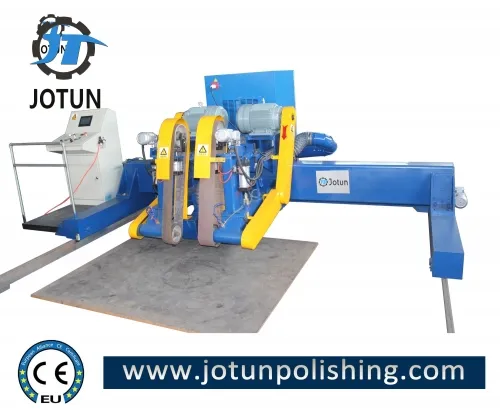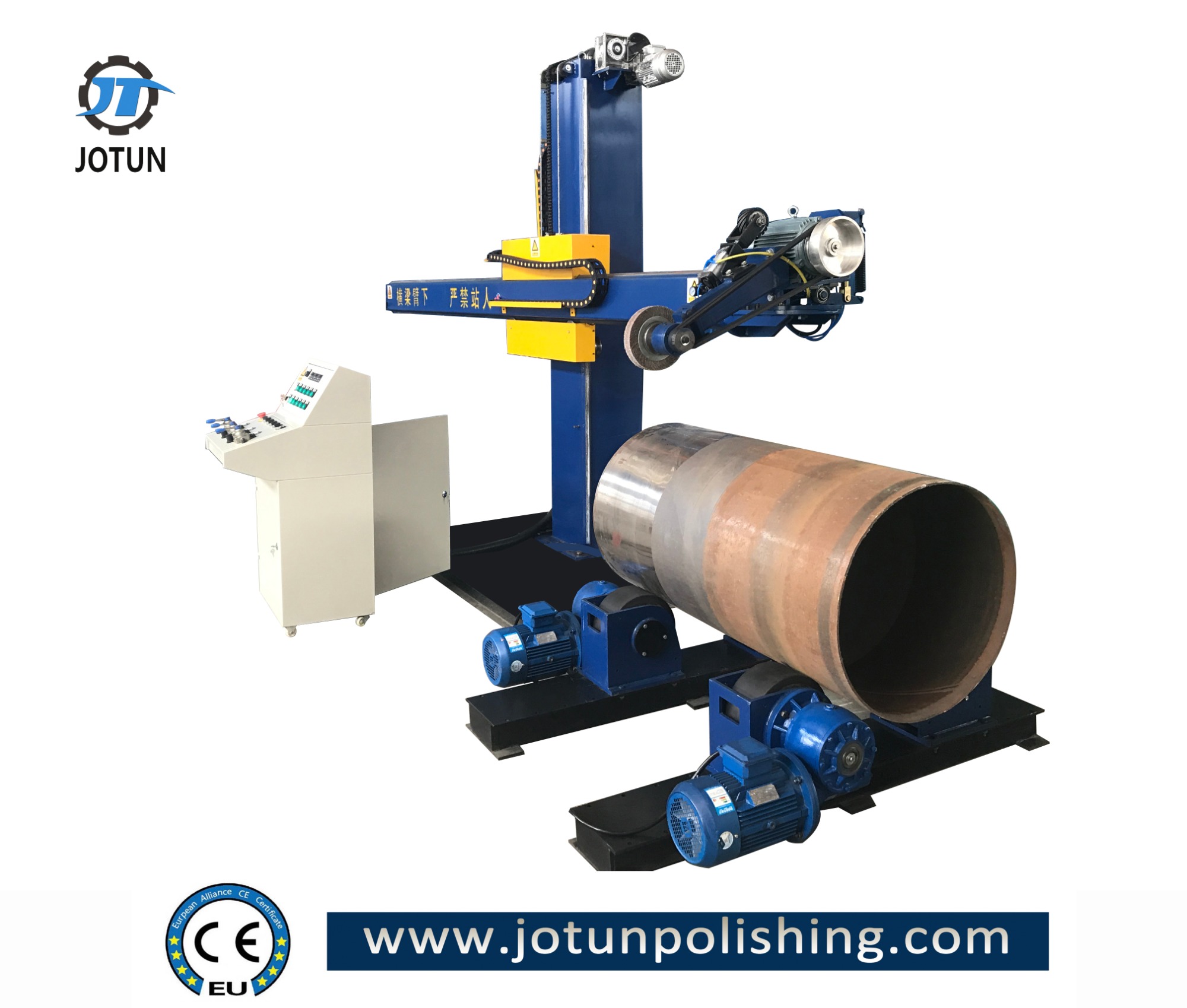Yes, polishing speed does matter in the polishing process. The speed at which the polishing machine or tool rotates or oscillates can affect the efficiency and effectiveness of the polishing process, as well as the quality of the polished finish.
The polishing speed is typically measured in rotations per minute (RPM) for rotary polishers or orbits per minute (OPM) for orbital polishers. The speed can vary depending on the type of polishing machine or tool being used, the material of the workpiece, and the type of abrasive material or polishing compound being used.

The polishing speed can impact the polishing process in the following ways:
1.Polishing Efficiency: The polishing speed can affect the efficiency of the polishing process. In general, higher polishing speeds can result in faster material removal and polishing, which can be advantageous when working on larger workpieces or when trying to achieve a polished finish in a shorter amount of time. However, excessively high polishing speeds can also generate excessive heat, which can cause damage to the workpiece or the abrasive material, and can potentially result in a poorer quality finish.
2.Surface Quality: The polishing speed can also impact the quality of the polished finish. The right polishing speed can help achieve a smoother and more uniform surface, with fewer swirl marks, scratches, or other imperfections. Too low of a polishing speed may result in inadequate material removal and a less polished finish, while too high of a polishing speed may generate excessive heat and cause surface damage or a poorer quality finish.
3.Material Compatibility: Different materials may require different polishing speeds for optimal results. Softer materials may require lower polishing speeds to prevent excessive material removal, while harder materials may require higher polishing speeds to effectively remove surface imperfections and achieve a polished finish. It is important to consider the material of the workpiece and adjust the polishing speed accordingly to achieve the desired results.
4.Operator Comfort and Safety: The polishing speed can also affect the comfort and safety of the operator. Polishing machines or tools that operate at excessively high speeds may generate more vibration, noise, and heat, which can be uncomfortable or even harmful to the operator. It is important to use polishing machines or tools that are appropriate for the specific task at hand and follow proper safety guidelines, including wearing appropriate personal protective equipment (PPE), to ensure the safety and well-being of the operator.

In conclusion, the polishing speed does matter in the polishing process, as it can affect the efficiency, quality,
material compatibility, and operator comfort and safety. It is important to select the appropriate polishing speed based on the specific requirements of the workpiece, the abrasive material, and the type of polishing machine or tool being used to achieve the desired polished finish while maintaining safety and quality standards.